Are Americans are getting their butts handed to them with long-term solar leasing? And what can us Aussies do to come out ahead?
It seems the suits perched in the top floor offices on Wall-Street are finally taking notice of solar energy. And that could spell bad news for American consumers.
American energy firms like SolarCity, a growing solar-energy giant based out of California, have been offering long-term, relatively affordable leasing arrangements to consumers for years; either by financing the installation of panels or charging users by the kilowatt-hour and selling the remaining power back to the grid.
But those arrangements are about to get a whole lot more expensive now that they, and firms like them, are going public. Why? Because their shareholders, many of them massive hedge funds and banks, are demanding an American-sized profit which can only be attained through skyrocketing costs to consumers. [Read more…]

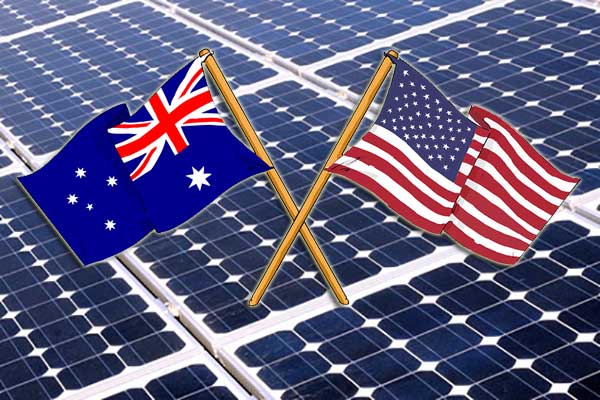

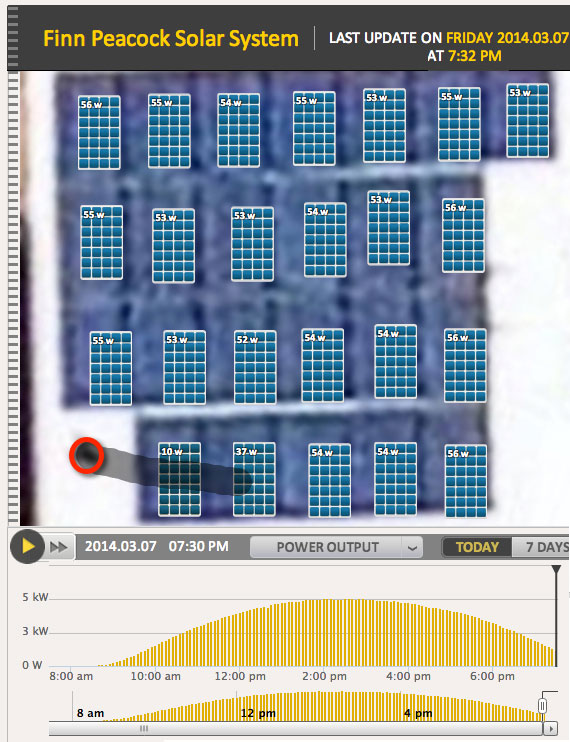
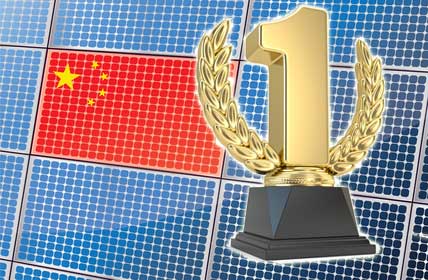
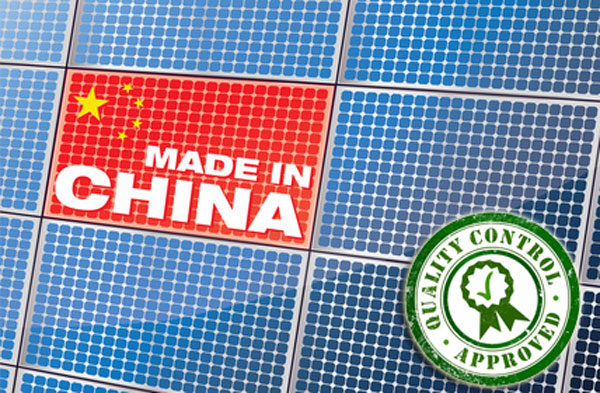

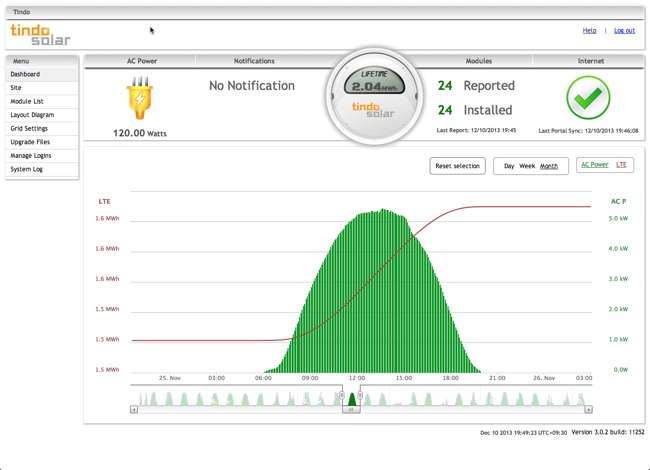

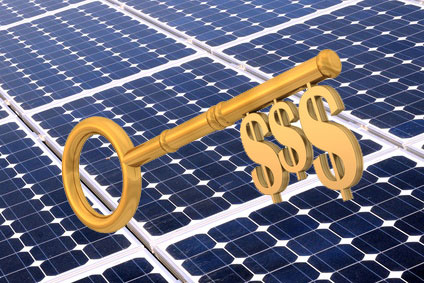
 RSS - Posts
RSS - Posts



Currently Raging Debates: